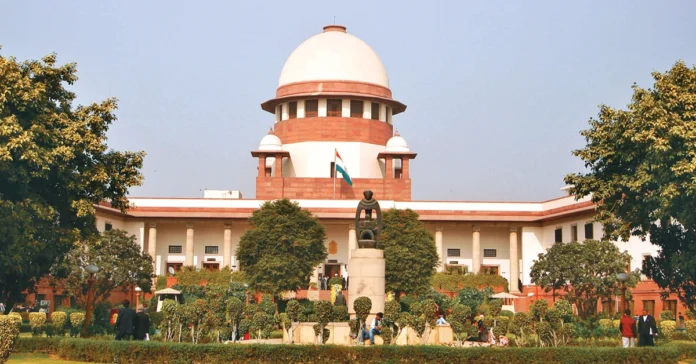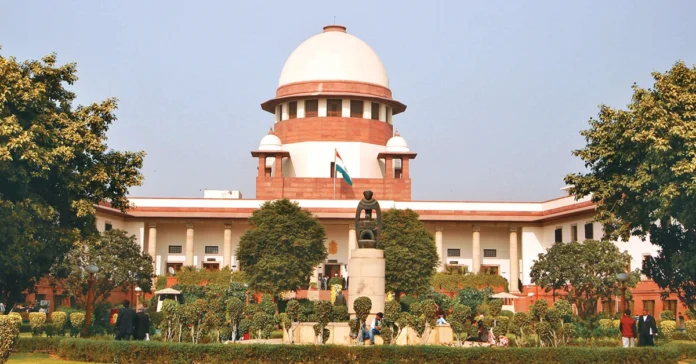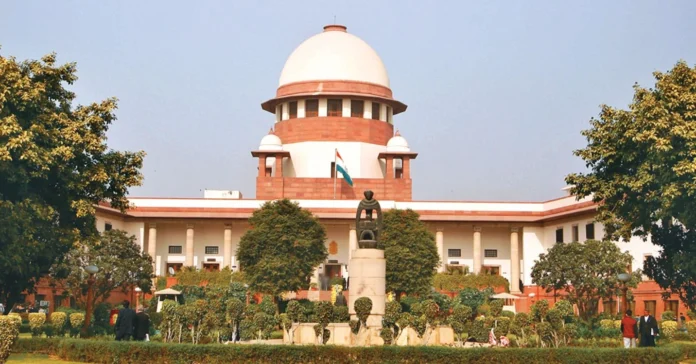Plea filed in Supreme Court seeks review of verdict mandating 3-year practice entry in judicial service

A petition has been filed in the Supreme Court seeking review of its May 20 verdict, which made it mandatory for lawyers to complete three-year practice to apply for the post of Civil Judge-Junior Division.Filed by Advocate Chandra Sen Yadav, the plea challenged the verdict delivered by the Bench of Chief Justice of India BR Gavai, Justice AG Masih and Justice K Vinod Chandran in the All India Judges Association case.
Noting that the judgment suffered from apparent errors on record warranting a review, the lawyer requested the Court that the mandatory three-year practice rule be implemented only from 2027 onwards to avoid unjust exclusion of recent graduates (2023–2025), who prepared under the previous eligibility criteria.
Immediate enforcement would cause retrospective hardship, violating principles of legitimate expectation, fairness, and equal opportunity under Article 14 of Indian Constitution, the petition pointed out.
It contended that the mandate for three-year practice was imposed by the Apex Court, ignoring certain crucial observations made by the Shetty Commission. The direction was based solely on the affidavits filed by certain High Courts and State Governments who supported the reinstatement of the condition for legal practice before entering judicial service, it alleged.
The petition pointed out that contrary recommendations made by the States of Nagaland, Tripura, and the State of Chhattisgarh, along with the High Court of Punjab and Haryana, which opposed the said requirement, were not wholly considered by the Court.
The lawyer said the Shetty Commission recommended the removal of the practice requirement, considering the fact that court visits and internships were a part of the curriculum of the law degree. This aspect had not been considered by the Supreme Court. Since the candidates underwent training before entering service, the practice condition may not be necessary, it added.
The petitioner argued that the judgment did not cite any factual data, statistics, or studies to establish that fresh law graduates performed poorly as judges. It also did not consider the number or success rate of fresh law graduates who had performed exceptionally in judicial services and served effectively on the Bench after undergoing training.
The plea submitted that the verdict was not based on any solid material, but solely on subjective and anecdotal perceptions.





